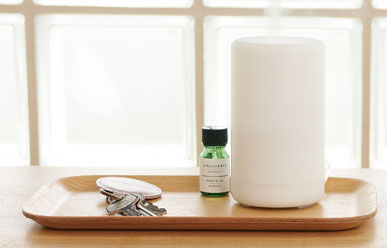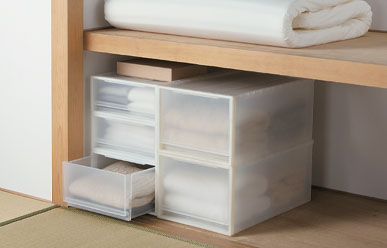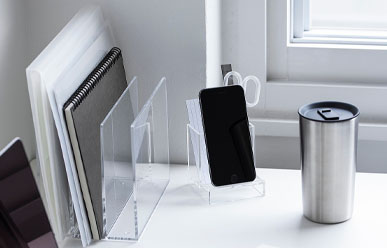MUJI, originally founded in Japan in 1980, offers a wide variety of good quality products including household goods, apparel and food.
Mujirushi Ryohin, MUJI in Japanese, translates as “no-brand quality goods.”
MUJI is based on three core principles, which remain unchanged to this day:
1. Selection of materials
2. Streamlining of processes
3. Simplification of packages
MUJI's products, born from an extremely rational manufacturing process, are succinct, but they are not in the minimalist style. That is, they are like empty vessels. Simplicity and emptiness yield the ultimate universality, embracing the feelings and thoughts of all people.
MUJI was founded in 1980. Its origin was a thorough rationalization of the manufacturing process with an eye to creating simple, low-cost, good quality products. Specifically, we reexamined products through three lenses: material selection, inspection process and packaging simplification. For instance, if you omit the bleaching process for pulp, the resulting paper is light beige in color. MUJI used this paper for its packaging and labels. The ensuing products are remarkably pure and fresh. In notable contrast to the prevailing over-embellished products in the marketplace, MUJI's products both won great appreciation and sent shock waves not only through Japan but across the entire world.
This is because we do not make objects to entice responses of strong affinity, like, “This is what I really want” or, “I must have this.” MUJI's goal is to give customers a rational satisfaction, expressed not with, “This is what I really want” but with “This will do.” “This is what I really want” expresses both faint egoism and discord, while “This will do” expresses conciliatory reasoning. In fact, it may even incorporate resignation and a little dissatisfaction. MUJI's goal is to sweep away that slight dissatisfaction, and raise the level of the response, “This will do” to one filled with clarity and confidence.
MUJI's products, born from an extremely rational manufacturing process, are succinct, but they are not in the minimalist style. That is, they are like empty vessels. Simplicity and emptiness yield the ultimate universality, embracing the feelings and thoughts of all people. We have been credited with being “resource-saving”, “low-priced”, “simple”, “anonymous” and “nature-oriented”. Without placing a disproportionate emphasis on any one of these varied assessments, MUJI aims to live up to all.
There are more than 700 MUJI stores around the world, carrying more than 7,000 items ranging from clothing and household goods to food and even houses. But the foundation of our ideology hasn't changed since the day we were conceived; like the compass that points due North, we continue to orient ourselves to the basis and universality of daily life.





